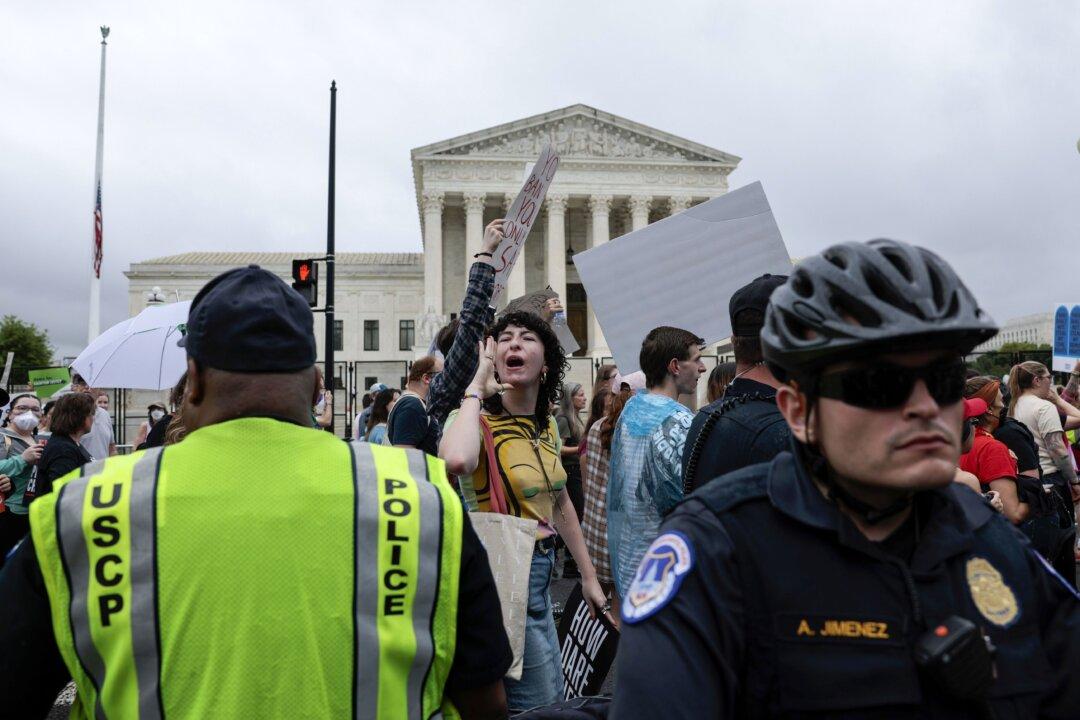Abortions can temporarily resume in Texas after a judge on Tuesday blocked officials from enforcing a law passed nearly a century ago that the state attorney general said is now back in effect following the Supreme Court’s decision last week.
Judge Christine Weems in Harris County issued a temporary injunction following a last-ditch lawsuit filed by pro-abortion groups to resume services after the nation’s highest court struck down the 1973 Roe v. Wade ruling that argued women have a constitutional right to obtain abortions.





